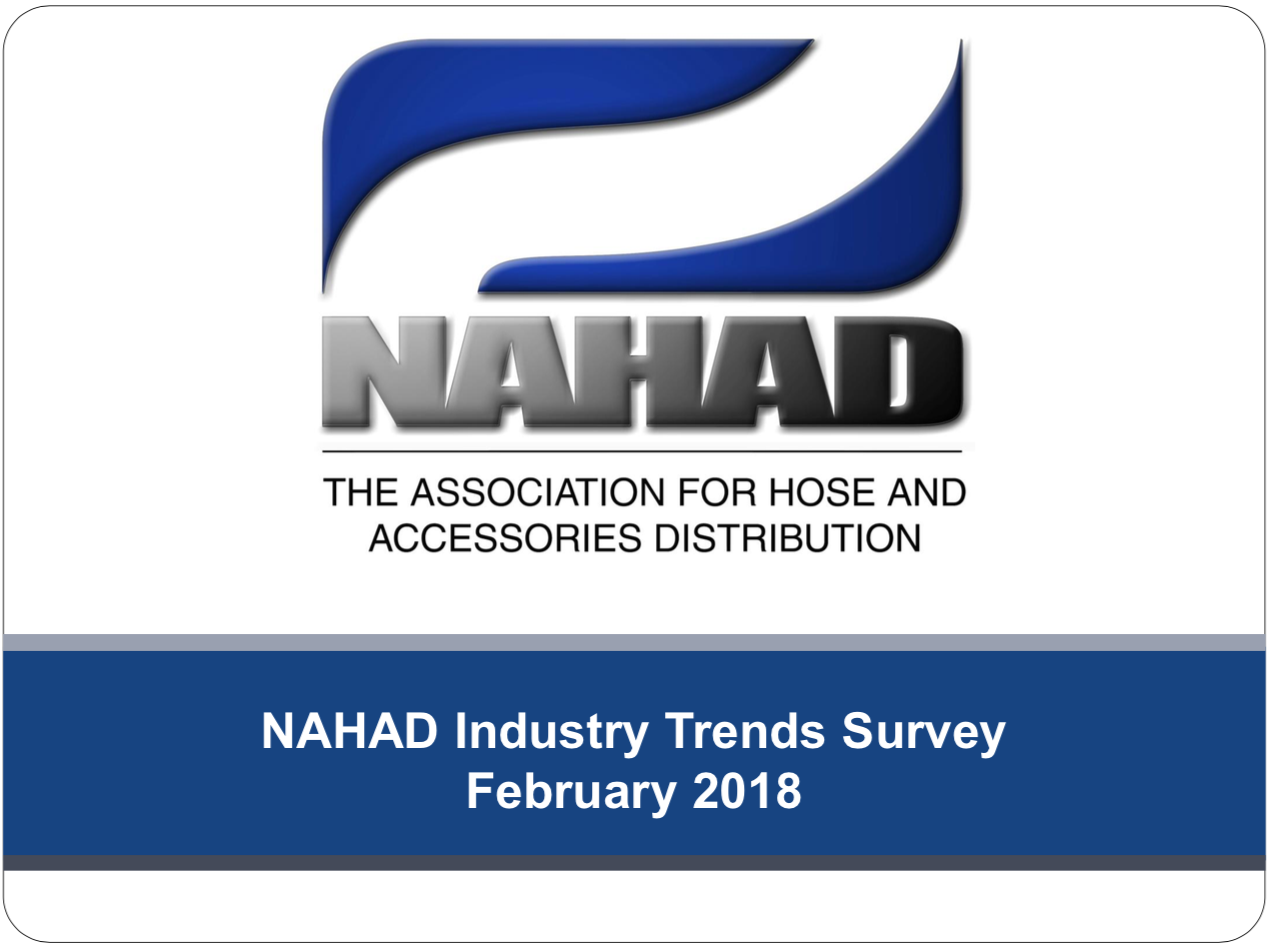NAHAD Blog
Your source for news and updates from hose and hose accessory industry leaders. Interested in becoming a blogger? If you have an idea for a blog topic or want to become a contributor, contact Dominique Abney, Director, Marketing & Communications at dabney@nahad.org for more information.
Erik Kane has been a proud member of the Hose Master team for the past 7 years. During that time, he’s helped develop primary research programs, training tools, promotional materials, assisted metal hose end users and distributors on-site, and worked in production on Hose Master’s manufacturing floor. When he’s not digesting hose information or blogging about the industry, Erik enjoys playing video games, watching Westworld with his dog Nibblet, and powerlifting.

By:
Erik Kane
October 1st, 2019
The goal of a game of basketball is simple: get the ball into the hoop to score your team points, and the team with the most points at the end of the time wins. Pretty easy right? On the surface the game is very simple, and can be easily understood by just watching. But the more you dig into it, the more you see and understand all the nuances of the sport that make it exciting and interesting to watch and play. All of these idiosyncrasies have names and acronyms to describe them, which make it easier for a group of fans or athletes to communicate (read: yell) with each other. But for those of us who are not so familiar, myself included, listening to a conversation between a bunch of super-fans can start to sound like a foreign language and can quickly get confusing.

hose knowledge | hose practices | industrial hose
By:
Erik Kane
August 8th, 2019
When it comes to industrial products and applications, much of the discussion is focused on how to pair the right product and the right application. There are so many different manufacturers of components that offer different features and benefits to suit the huge variety of factors that can affect plant components regardless of the industry. Vibration, corrosion, media consideration, service life, flow velocities, fluid dynamics…there are too many to list here! But what often gets ignored is how to handle and store those products before they ever get put into service.

Discover the trends shaping the hose and hose accessory industry with this comprehensive report compiled from industry leader insights.

hose knowledge | hose practices | industrial hose
By:
Erik Kane
February 19th, 2019
Hose applications can be tricky, and misapplying or improperly installing a hose can severely limit it's ability to perform in service and can reduce it's lifespan. Erik Kane from Hose Master explains some key “Do’s and Don’ts” for maximizing your hose life and personnel safety in part 2 of this video series.

hose knowledge | hose practices | industrial hose
By:
Erik Kane
December 18th, 2018
Hose applications can get pretty complicated, but even with the best-designed hose assembly, factors that we face in the field can make it really hard to properly install an assembly. Erik Kane from Hose Master explains some key “Do’s and Don’ts” for maximizing your hose life and personnel safety in part 1 of this new video series.

hose knowledge | industrial hose
By:
Erik Kane
August 24th, 2018
Lateral offset hose applications are one of the most commonly encountered hose installations. Whether it’s used to compensate for moving equipment, misalignment in a piping system, or as a temporary connection for an emergency or maintenance situation, lateral offsets play a big part in metal hose applications.

hose knowledge | hose practices
By:
Erik Kane
June 27th, 2018
In the world of material transfer systems there are two main ways to get materials from point “A” to point “B”, either via a mechanical system (conveyors, tracks, belts) or through a pneumatic system. Pneumatic systems offer several benefits for conveying materials, and the design of these systems are largely dependent on the type of materials being transferred. However, if you’ve already decided that a pneumatic material transfer system (or troubleshooting one for any reason) is the one for you, pneumatic conveying systems operate in one of two different transfer modes, dilute or dense phase.
Copyright 2025 © NAHAD. All rights reserved.